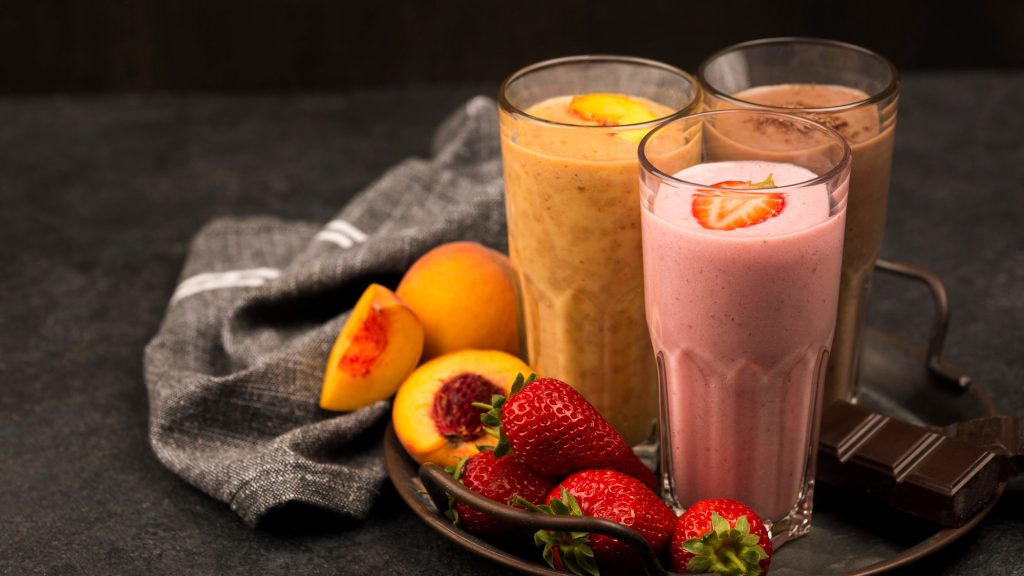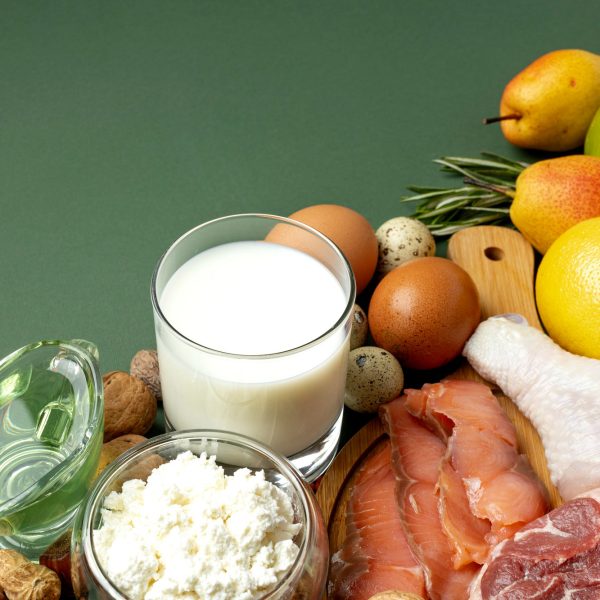Proper nutrition is the foundation of good health. It is essential for the growth, development, and maintenance of the body. But with so many fad diets and conflicting information, it can be challenging to understand what a healthy diet means. This blog aims to explore the importance of proper nutrition in everyday life and provide practical tips for achieving a healthy and balanced diet.
What is Proper Nutrition?
Proper nutrition refers to the intake of essential nutrients for the body’s growth, repair, and maintenance. These nutrients include carbohydrates, proteins, fats, vitamins, minerals, and water. Each of these nutrients plays a crucial role in the body’s functions, such as energy production, immune system support, and tissue repair.
Why is Proper Nutrition Important?
Proper nutrition is essential for good health and well-being. It helps to prevent chronic diseases such as heart disease, diabetes, and cancer. According to the World Health Organization (WHO), an unhealthy diet is one of the leading risk factors for death worldwide. Poor diet is responsible for more deaths than any other risk factor, including tobacco use and high blood pressure.
Proper nutrition is also important for maintaining a healthy weight. According to the fifth round of the NFHS conducted in India between 2019 and 2021, about 6.4 per cent of women and 4.0 per cent of men aged 15-49 are obese. Around 17.6 per cent of women and 18.9 per cent of men in the same age group are overweight, but not obese. Being overweight or obese increases the risk of chronic diseases such as heart disease, diabetes, and certain types of cancer.
What are the Key Components of a Healthy Diet?
A healthy diet includes a variety of nutrient-dense foods from all food groups. These include:
- Fruits and vegetables: These are rich in vitamins, minerals, and fibre.
- Whole grains: These provide complex carbohydrates, fibre, and essential vitamins and minerals.
- Lean proteins: These include fish, poultry, beans, and nuts.
- Low-fat dairy: This provides calcium, vitamin D, and other essential nutrients.
- Healthy fats: These include olive oil, avocados, nuts, and seeds.
- What are the Consequences of a Poor Diet?

A poor diet can have serious consequences on overall health and well-being. These include:
- Chronic diseases: A poor diet is a major risk factor for chronic diseases such as heart disease, diabetes, and cancer.
- Obesity: A poor diet is a leading cause of obesity, which increases the risk of chronic diseases and reduces the quality of life.
- Nutrient deficiencies: A poor diet can lead to nutrient deficiencies, which can seriously affect health. For example, a lack of vitamin C can lead to scurvy, a condition that causes weakness, anaemia, and skin and gum problems.
- Poor mental health: A poor diet can also harm mental health. Studies have shown that a diet high in processed foods and sugar is linked to depression, anxiety, and other mental health problems.
How Can You Achieve a Balanced and Healthy Diet?
Achieving a balanced and healthy diet doesn’t have to be complicated. Here are some practical tips for achieving a healthy diet:
- Eat a variety of nutrient-dense foods from all food groups.
- Limit your intake of processed foods, sugary drinks, and fast food.
- Choose whole foods over refined foods whenever possible.
- Cook at home more often to have control over what you are eating.
- Pay attention to portion sizes to avoid overeating.
- Stay hydrated by drinking plenty of water throughout the day.
- Aim for at least 150 minutes of moderate-intensity physical activity per week.
In Conclusion
Proper nutrition is essential for good health and well-being. By making small, sustainable changes to your eating habits and engaging in regular physical activity, you can improve your overall health and reduce the risk of chronic diseases.
So start taking small steps towards a healthier diet today and enjoy the benefits for years to come.





















Share this article